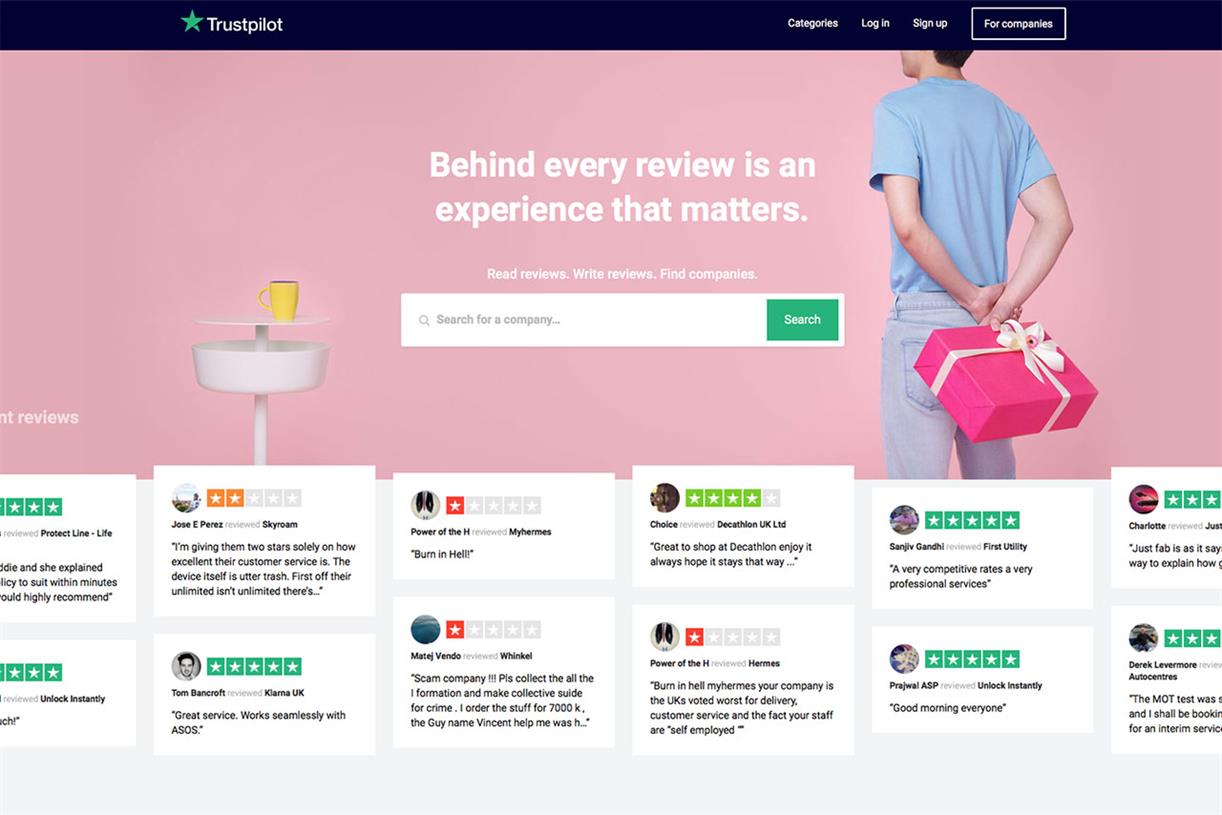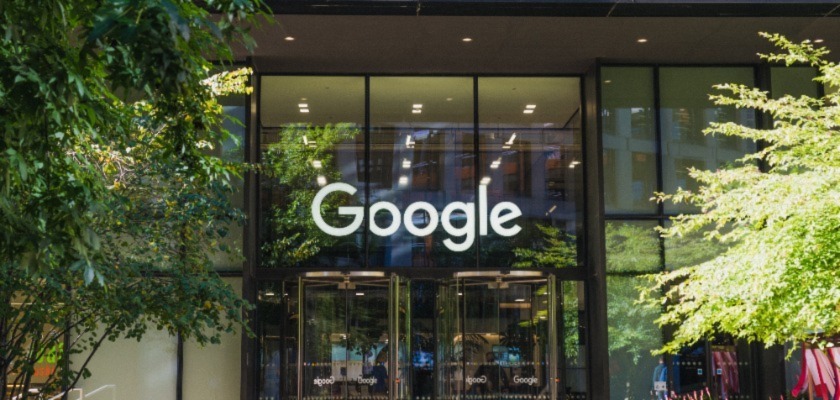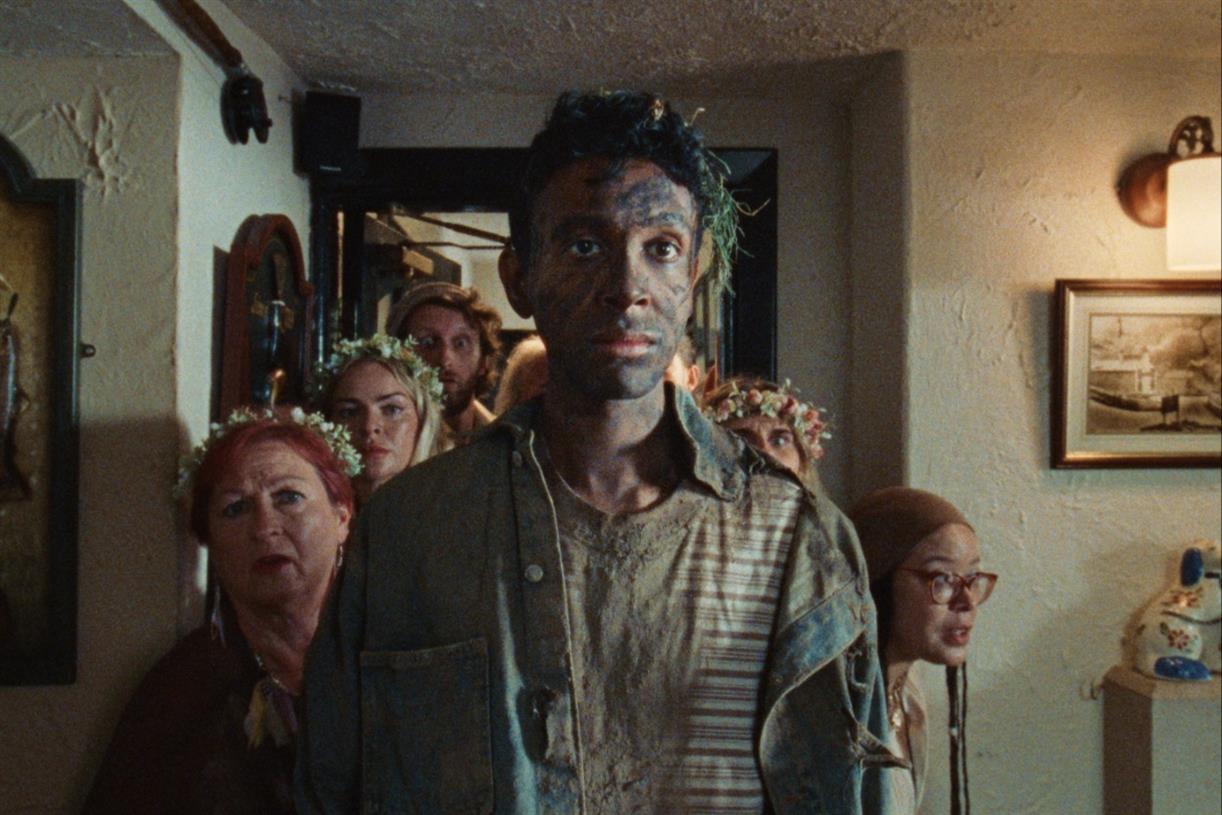Meta Continues to Misstep With Its AI Tools
Meta keeps coming up with bad ways to use its AI tools.

Look, I know I’ve gone on about this a few times now, but there still seems to be a significant disconnect between how impressed Meta is with its latest AI tools, and how valuable they are to actual users of its apps.
The latest example came late last week, when Meta shared this banger on Threads:
Why? Why would anyone want to do that? This was a rare opportunity to take part in an actual human experience, and share your images of that with your connections, to show what you actually saw.
But for some reason, Meta’s just like “fake it, post AI fakes of it, it’s all the same.”
But it’s not, it’s not all the same.
The foundational concept of social media is that it gives people an opportunity to share their unique perspective with the world, it gives a voice to the voiceless, and a means for people in remote communities to connect. The ideological outcome of this should be greater understanding through shared experience. That’s not how things have gone, but ideally, that’s the alluring concept of the medium, and the value that it provides to each individual.
Bots, and bot-generated junk, have always been an impediment to this, an infection fed by scammers that tarnishes the entire experience.
And now, Meta’s not only facilitating this sort of rubbish, it’s actively encouraging it.

Meta posted these during the Olympics, when you could actually watch real humans, at the peak of their powers, based on their years of dedication and training, performing in such events. Why would I refer to Meta AI to make up an artificial version of this, when it’s actually happening, when I can actually witness amazing, real performances?
This is where Meta seems to keep getting it wrong on AI, by rolling out features that serve no practical value, and in fact, dilute the Facebook and IG experience. AI chatbots, for example, have some value, and given the rising use of tools like ChatGPT, conversational AI will increasingly become a more relied upon format for search and discovery.
But celebrity-styled AI chatbots?

Who cares if it’s a character that talks like Snoop giving me the answers? I mean, sure, there’s a novelty there, and the first few interactions might give you a laugh. But for some reason, Meta paid millions to these celebrities to use their likeness, in order to encourage chatbot use.
Which didn’t work. Meta ended its celebrity chatbots project a few months back, though it’s now adding celebrity voices for Meta AI. That’ll fail too, while it keeps pumping out suggestions like the posts above, on how users can create fantastical versions of things that aren’t real, that didn’t happen, and frankly, look ridiculous.
I don’t even see a market for this among the people who post steady streams of “Magic Happens” memes, there’s such limited value for this type of AI use in a Facebook and IG context.
But Meta’s invested billions in AI, and it needs to get people interested somehow, so it keeps poking us with these “Try it” examples, seeking to spark more interest.
Don’t get me wrong, generative AI is amazing in its capacity to produce human-like outputs, and there are expanded uses of the technology that will indeed revolutionize various industries and tasks.
But in the rush to become a leader in the AI race, there remains a gulf between internal excitement about such tools and their practical value to regular folk.
At some stage, there will be uses that do bridge that gap. But we’re not there yet.

 JaneWalter
JaneWalter 
































